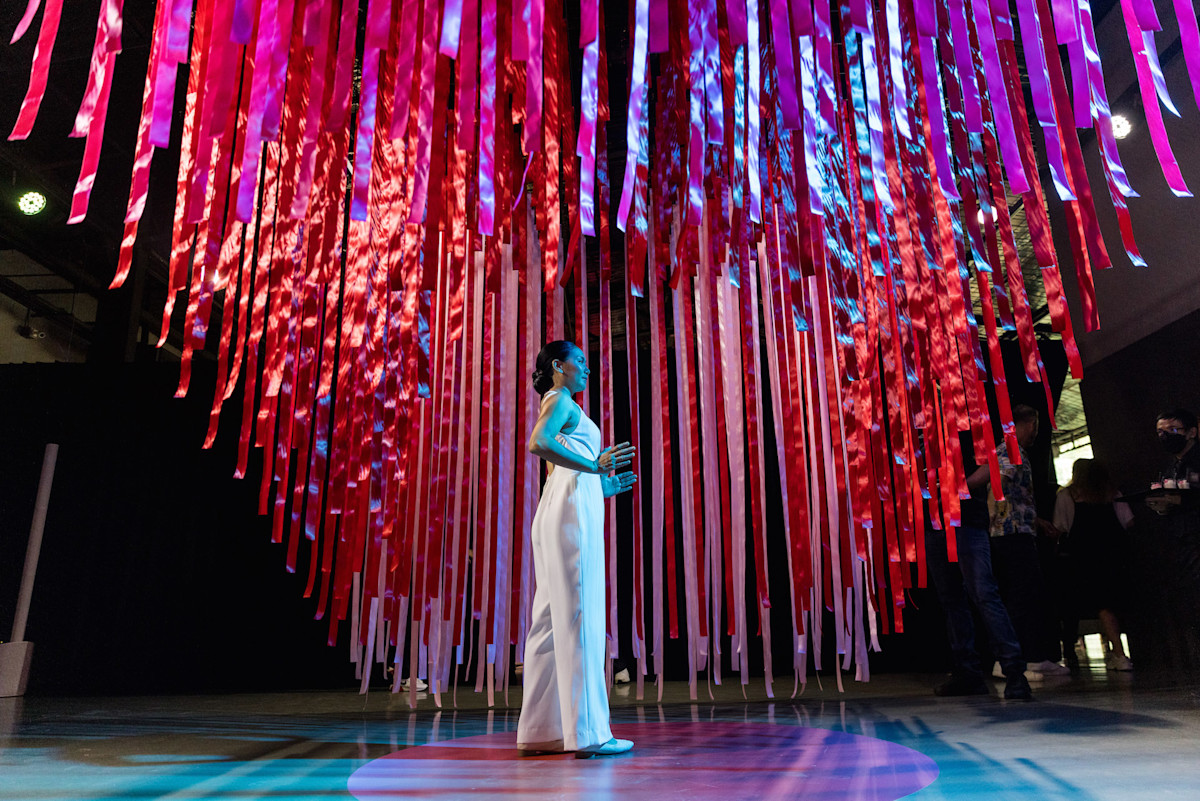
Entertainment
My Story, Our Story: Netflix Champions Diversity and Representation at Community Event in Asia-Pacific

(Netflix Photo)
In celebration of the diverse voices and stories of underrepresented communities, Netflix organized its first Asia-Pacific screening and panel discussion titled “My Story, Our Story” to showcase programs that have been supported through the Netflix Fund for Creative Equity.
Since its inception in 2021, the fund has empowered more than 150 filmmakers in the region to tell their stories, including the three short films screened at the event in Bangkok last Thursday.
Dear You, a Thai drama about a single mother coping with the COVID-19 pandemic by Muendaw Kamontum, was funded by Purin Pictures’ Short Film Camp supported by Netflix in 2021.
Soul-Kadhi, a fantasy drama that explores the uncanny bond between a daughter-in-law and her mother-in-law by Sameeha Sabnis, was funded in 2022 by Take Ten, a short film workshop and competition by Netflix and Film Companion in India.
Pao’s Forest by Nguyen Pham Thanh Dat, which follows a Mong man torn between love and family responsibilities, won a short film competition powered by Netflix’s Cinema Beauty – Vietnam Creative Economy Grant in 2022.
Attended by more than 90 guests, including creatives, members of LGBTQIA+ organizations and program partners, the half-day event featured a dance performance and a Pride Month screening of All in My Family, a 2019 documentary about the experiences of a gay Chinese-American director.

Representation matters
More than a gathering of like-minded industry folk, the event provided a platform to discuss representation in the TV and film industry with Sameeha Sabnis, director of Soul-Kadhi, filmmaker Keith Sicat, and Lee Chatametikool, director of post-production SEA/Taiwan at Netflix.
When moderating the panel discussion, Amy Sawitta Lefevre, the Asia-Pacific Head of External Affairs at Netflix, noted the historical absence and misrepresentation of minority communities on screen.
“For decades, historically underrepresented communities were either defined by a single story or worse, entirely absent from our screens,” she said. “At Netflix, we believe that everyone deserves to see themselves represented on screen, and we are committed to creating content that reflects the diversity of our audience.”
At 23, Sabnis is well aware of the “immense responsibility” of filmmakers to work together to bring alternative perspectives to the table. “As filmmakers, we are in the business of generating empathy,” said the Mumbai-based actor and director. “Seeing yourself represented makes you feel that you are seen and are a part of the world around you.”
At the same time, it has to be true representation and not just tokenism in front of the cameras.
Sicat, the program director of Indiegenius, the first Philippine film project lab funded by Netflix, explained: “When you have more people from those communities behind the scenes, you are emancipating storytellers to tell their own stories and it’s such a powerful way to open the world in that way.”
Continue Reading





















